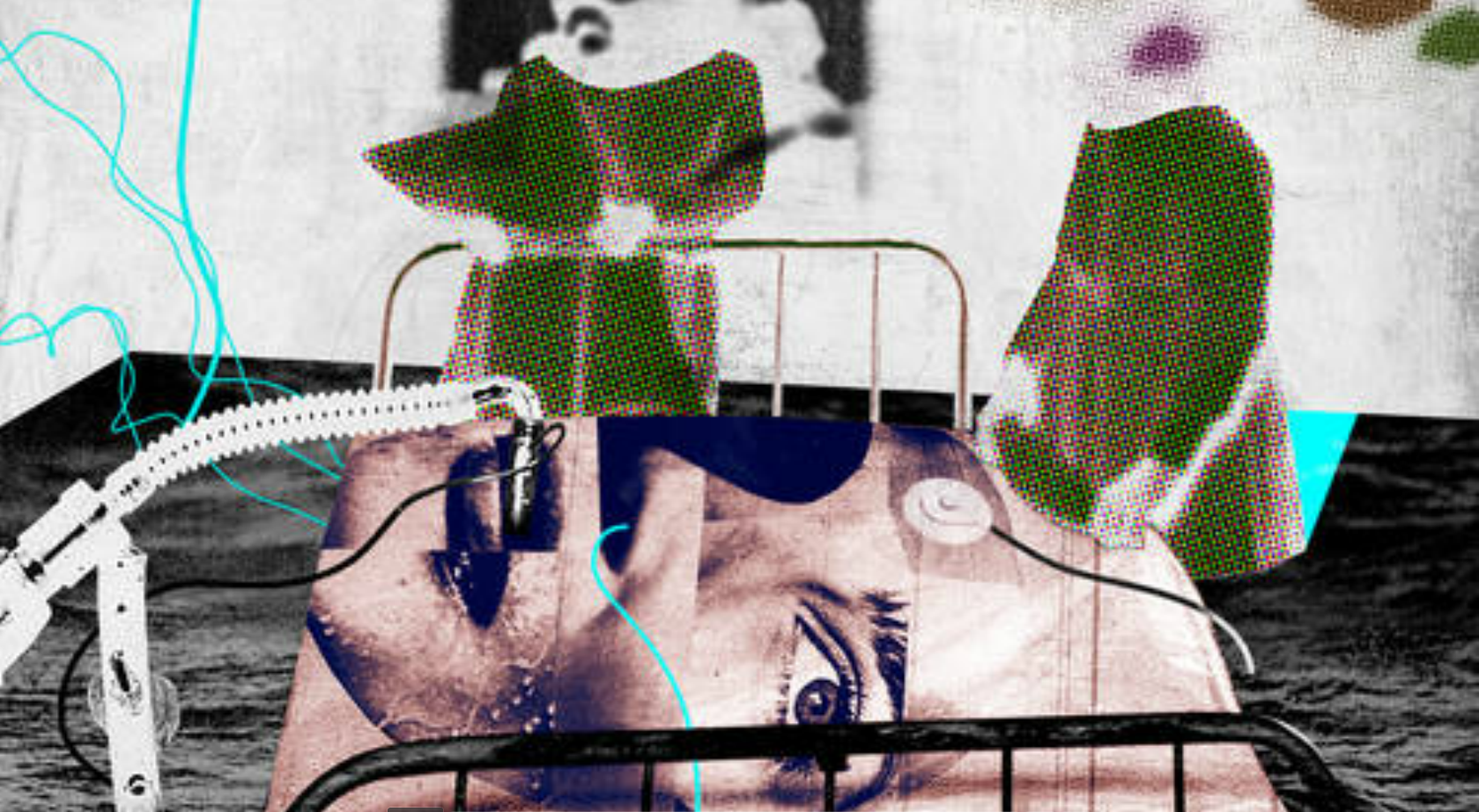To the doctor who made me feel powerless as a patient
I went to see you because my body was failing me, and I didn’t know what it was. As a trained professional, I thought you had the answer to what was wrong with my health. I had a story to tell about my symptoms, my concerns, my fears — it was my illness narrative. I was eager to share it with you.
Articolo di Olga Lucia Torres su The Might
As a professional patient, I came prepared with my “medical resume.” My name, date of birth and address appeared across the top with my medical conditions listed below: asthma, pituitary adenoma, diabetes insipidus, lupus, Sjogren’s syndrome, Raynaud’s disease, rheumatoid arthritis andscleroderma. And as a result of a traumatic iatrogenic brain injury, I also included seizure disorder, dyskinesia and physical balance problems. I wanted you to know I was a responsible and fully informed patient.
When you read my medical history, you became apprehensive, doubtful and cold. You seemed to question my understanding of what I was doing in your office, and by your tone, you questioned my intelligence.
You gave me a cursory examination and were quick to end my consultation. I was left speechless by your behavior. I am a litigator and a former public defender in Manhattan and the Bronx. And as the only English-speaking person in my family, I have advocated for countless people in a myriad of settings, including doctors’ offices, but I couldn’t manage to advocate for myself. The minute I walk into any doctor’s office, something happens to my strong, loud mouthpiece, and I become a marshmallow. It’s like a gag is put on me. If I were a superwoman, the doctor’s office would be my Kryptonite. In part, that’s why I created the medical resume in the first place; I get so flustered around doctors I forget to mention important information.
This experience left me powerless. In the examination room, I believe doctors wield the power while patients sit, wait and obey. I lost my power to speak and voice my discontent when I saw the white lab coat with the embroidered “MD.” At first, I thought I was at fault. Maybe doctors don’t know how to see and hear patients like me. Maybe they’re afraid of the potential medical risks we represent. But then I realized it’s not just me. I’m within the expected range of patients you see and to whom you provide medical care.
I’m not asking anyone for a miracle or a cure; I’m asking you to be my ally. My exceptional health profile does, inevitably, alter the patient-doctor dynamic. Doctors have to be more attuned to my care and ask more questions, but that doesn’t mean they get to treat me in an insensitive manner. continua a leggere




